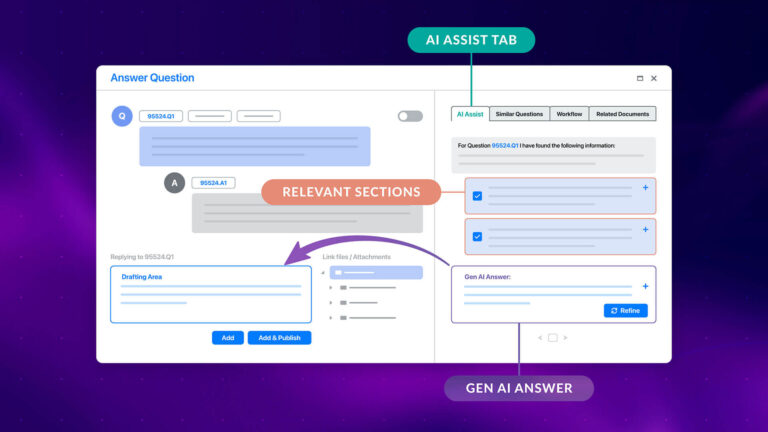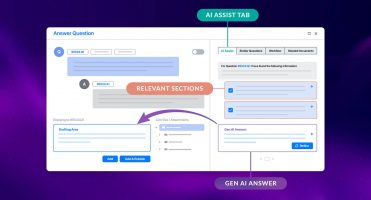M&A is an extensively detailed, time-consuming, and relatively long process requiring multiple exchanges of documents (and their copies) between parties. Given the difficulties posed in organising copious amounts of data accurately and efficiently, virtual data rooms (VDR) have become an industry norm. The Smart Index, AI-powered software, developed by Imprima, automates categorisation and structuring of documents in the M&A process; thus, not only mitigating the possibility of human error but cutting back the time budgeted for data sorting by almost 90% as well.
But what are the various types of documents required during due diligence? Here is a comprehensive list:
A. Business Information Due Diligence Documents
Documents relating to the incorporation of the company and trade licenses or permits form part of this section. Some of the standard documents are:
- Shareholder certificates
- Local/State/Federal business licenses
- Municipality permits
- Articles of Incorporation
- Overview of IP & Trademarks
- Employment contracts of key employees
- Tax information
These documents are mainly utilised to ascertain conformity with local and national regulations.
B. Financial Due Diligence Documents
Arguably the most critical set of documents, the financial due diligence involves collating various types of financial documents such as:
- Audited financial statements (at least last three years)
- Auditor’s correspondence
- Financial/Loan arrangements with banks
- Forecasts/strategic plans
- Current business continuity plan
- Notes to Accounts
This set of documents requires not only the verification of the arithmetical accuracy of financial figures but an assessment of the assumptions and procedures behind the derivation of these figures.
C. Human Resources (HR) Due Diligence Documents
As the name suggests, HR deals with the people component of the company, i.e. current employees, and independent contractors. The documents required are wide-ranging such as:
- Health & safety policies
- Resumes of employees
- Policies regarding sick days/paid holidays/overtime
- Details about training programs
- Appraisal policies
- Terms & conditions of company-sponsored benefits
The rationale behind the collection of these documents is to identify policies to be continued or modified as well as estimate severance pay in retrenchment situations.
D. Legal Due Diligence Documents
Similar to the Business Information section, but the primary difference being that of a narrower scope. This section calls for documents relevant to the company’s transaction with other business entities or individuals. Some of the examples are:
- Vendor agreements
- Settlement agreements
- Lease agreements
- Loan agreements
- Distributor agreements
- Status of legal cases
E. Intellectual Property Due Diligence Documents
Involving a lot of analytical thinking and judgment by the party undertaking due diligence, the intellectual property section consists of managing documents about patents, trademarks, industrial designs, and other intangible assets like:
- Correspondence with relevant regulators
- Valuation statements
- Surveyor reports
Since the cost of intangible assets is frequently based on assumptions, their valuation must be inspected to find their most realistic value.
There are multiple facets to the management of documents in an M&A transaction, and missing crucial information could have a profound impact on the viability of the deal itself. Thus, it is in the best interest of both parties that a taxonomic approach to populate the data room is followed – Smart Index can automate this process.
Find out more about Imprima’s AI-driven software for Due Diligence:






